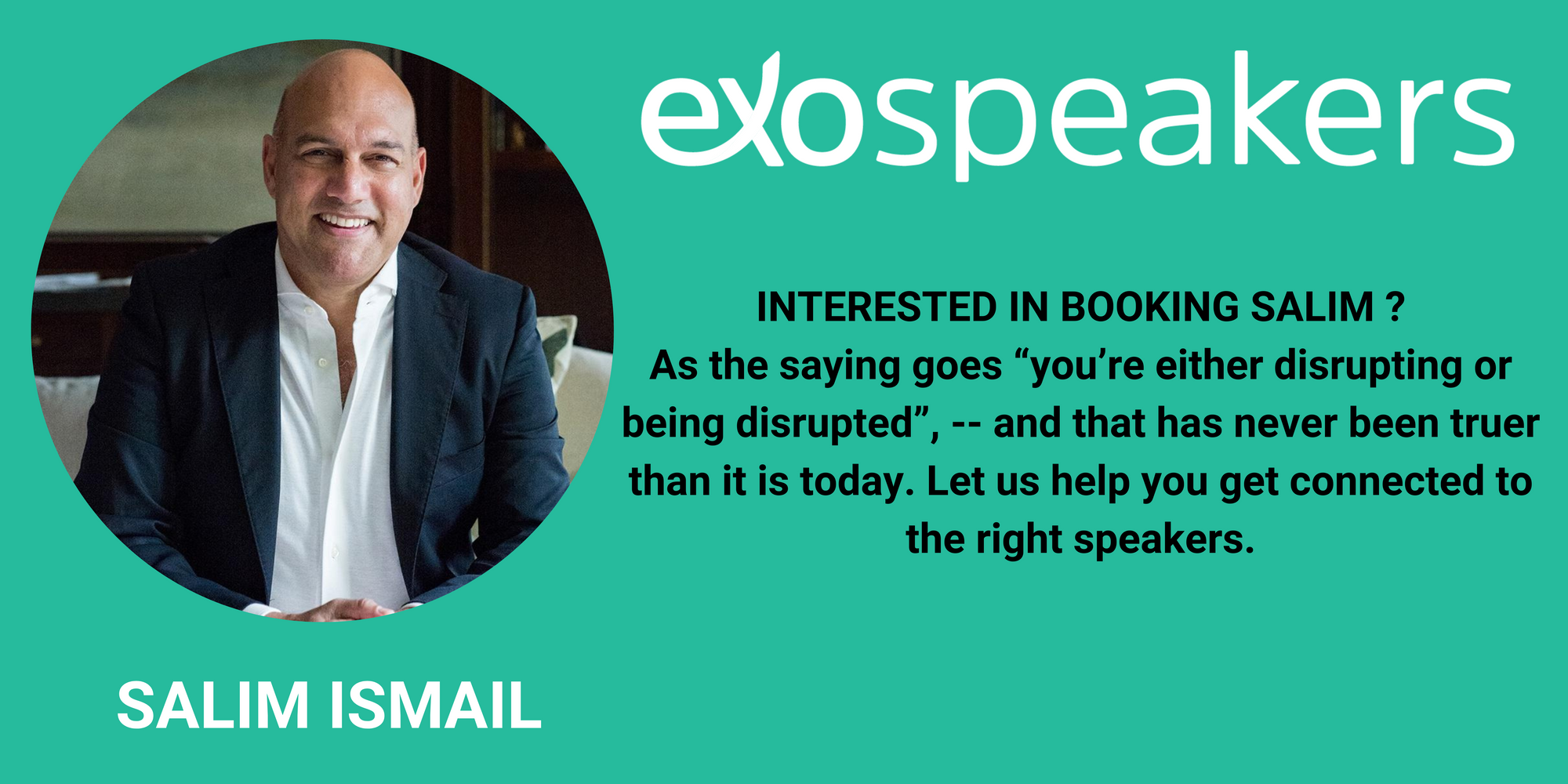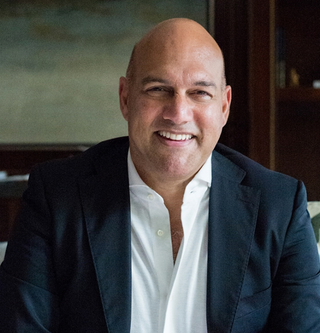
The Automotive Industry is Going ExO to Save its Future
Making your company smaller and leaner, able to take risks and test boundaries is a core ExO principle. It is essential when the pace of change in your industry is approaching break neck speeds. And this is happening in many industries today.
Corporate restructuring by both Daimler AG and Ford show they realize that to survive, ALL companies will have to become “Exponential Organizations”

The global automotive industry is undergoing an industry disruption as big, or bigger, than when the automobile emerged to replace the horse and buggy.
It took only 13 years for cars to completely replace horses and buggies in New York City in the early 20th century.
And the time it will take for autonomous vehicles, electric cars, and Transportation as a Service to replace the traditional automotive industry is likely to be just as fast or faster.
On Friday, both Daimler and Ford recognized this inevitability. These are among the first to realize that they must restructure their organizations to become smaller, leaner, more agile and efficient if they are to survive.
However, it was GM that really got the ball rolling when it invested half a billion dollars in Lyft in early 2016. They were the biggest company to see the shift in personal transportation habits coming early, with GM’s President telling Reuters, “We think our business and personal mobility will change more in the next five years than the last 50.” In some parts of the country GM even loans cars to Lyft drivers.
The Ford and Daimler examples show the first organizational restructuring of the car industry where they had no choice but to break up and speaks to the ExO theme of ‘smaller beats bigger.’ But this phenomenon is not unique to the Automotive Industry.
Making your company smaller and leaner, able to take risks and test boundaries is a core ExO principle. It is essential when the pace of change in your industry is approaching break-neck speeds. And this is happening in many industries today.
Google took this approach when it spun off Alphabet. Richard Branson takes a similar approach by trying to restrict each organization within his companies to no more than 150 people. And what Daimler and Ford are doing is certainly a step in the right direction as well.
Hopefully, they won’t stop there and will continue with what needs to be full, exponential transformations of both companies.
In the world that is coming, ALL companies will have to become Exponential Organizations.
Either that or they face extinction.
This article was first featured on Good Audience on July 31, 2018.

ExO Insight Newsletter
Join the newsletter to receive the latest updates in your inbox.









